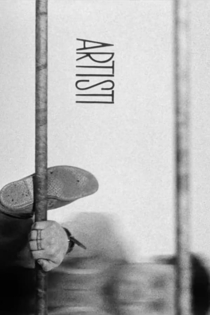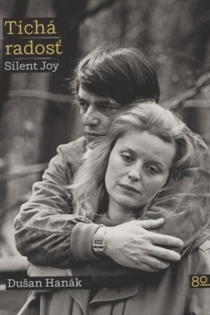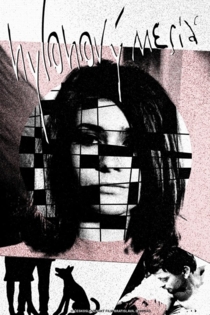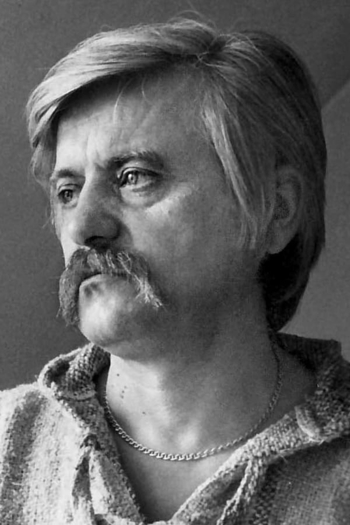
Dušan Hanák
1938 (87 лет)Obrazy starého sveta
Dušan Hanák
Ladislav Chudík
A visual essay on the forgotten parts of Eastern Europe. The outskirts here are a Slovakian town in the Tatra Mountains. Though censored for 17 years, Dusan Hanáks poetic visual essay is not a political or even social film. It goes to far deeper and more fundamental levels of human experience. Inspired by the photographs of Martin Martinek, the films power lies in its unusual portraits of people whose raw visual beauty radiates from their very souls.
Pictures of the Old World
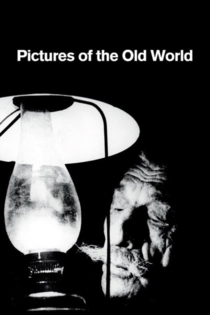
Martin Slivka - "... muž, ktorý sadil stromy"
Martin Šulík
Martin Slivka, Vlado Balco
A tribute to Martin Slivka, one of the most important personalities of Slovak cinematography and culture. He was the creator of Slovak documentary ethnographic film, director, screenwriter, dramaturgist, film theoretician, pedagogue, author and ethnograph, but mainly – exceptional person. This documentary is not only a remembrance of maestro Slivka through words of his close friends and colleagues, but also an attempt to slightly uncover the secret of his rich life and work.
Martin Slivka: The Man Who Planted Trees
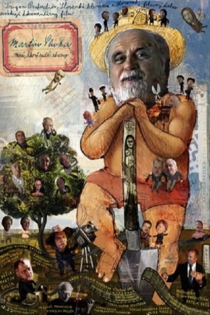
CzechMate: In Search of Jiří Menzel
Shivendra Singh Dungarpur
Jiří Menzel, Antonín Máša
An epic exploration of the Czechoslovak New Wave cinema of the 1960s and 70s, structured around a series of conversations with one of its most acclaimed exponents - Closely Observed Trains director Jiří Menzel.
CzechMate: In Search of Jiří Menzel
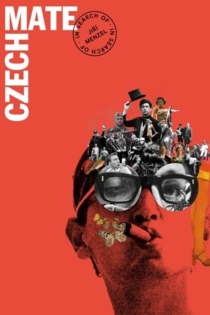
Ružové sny
Dušan Hanák
Juraj Nvota, Iva Bittová
Jakub, a dreamer and budding magician, juggles between parcels and services rendered to the villagers. His eyes cross that of the beautiful gypsy Jolanka. Together, they will try to live a first and big love, despite the pressure of their respective communities.
Rose Tinted Dreams
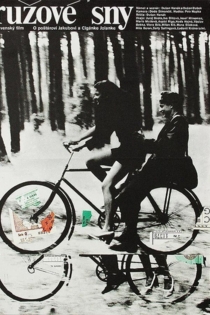
Prišiel k nám Old Shatterhand
Dušan Hanák
A documentary féerie about the problems with tourists from abroad. How foreigners “invade” our homeland. A series of minute observations on life under so-called “real socialism” provokes sparkling ironic and satirical commentary—a broadside against the bankrupt Communist system.
Old Shatterhand Came to See Us

322
Dušan Hanák
Václav Lohniský, Lucyna Winnicka
A story of a man threatened by a fatal illness evaluating his life (the number 322 in the film title stands for the diagnosis of one kind of cancer). He understands his illness as a form of punishment for his cruel deeds in the 1950s. In the face of reality and his efforts to cleanse himself he hits a barrier of indifference, lack of interest, and individual and collective selfishness. He has to find his own reconciliation with his illness and his past and present life.
322
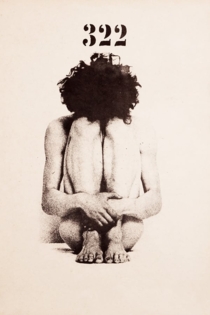
Ja milujem, ty miluješ
Dušan Hanák
Roman Kłosowski, Iva Janžurová
The drama called I Love, You Love was made in 1980 but because of the absurd ideological ban, the film entered cinemas nine years later. Pišta is an unmarried man who works at a freight wagon which carries letters and parcels. Alcohol helps him to overcome his handicap of being short and not good-looking. He wishes he had a woman, but the woman he really wants, ageing Viera who reloads the cargoes, has a soft spot for another man. So, Pišta has nobody and nothing, except for senile mother who sometimes fails to recognize him. The film received Silver Bear for Best Director at the International Film Festival in Berlin.
I Love, You Love
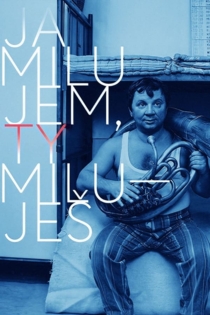
Deň radosti
Dušan Hanák
This film is a playful depiction of the festivities around the performance If All Trains of the World by Alex Mlynárčik on June 12, 1971. Deň radosti shows Hanák using the 'inter-genre' style of documentary which made his feature film Obrazy stareho sveta (1971) a masterpiece. Still photography, live action, interviews, old etchings and archive footage of old train journeys are skilfully blended to create a sympathetic and humorous portrait of the romance of an old steam train and the joy of artists and the general public in participating in this children's game for adults. Once again, the avant-garde is imaginatively used to eulogise over traditional values and the past. Deň radosti is important not just for the considerable pleasure it brings; it is the first of a series of films in which artists use film to document happenings. (http://www.ce-review.org/kinoeye/kinoeye3old.html)
A Day of Joy

